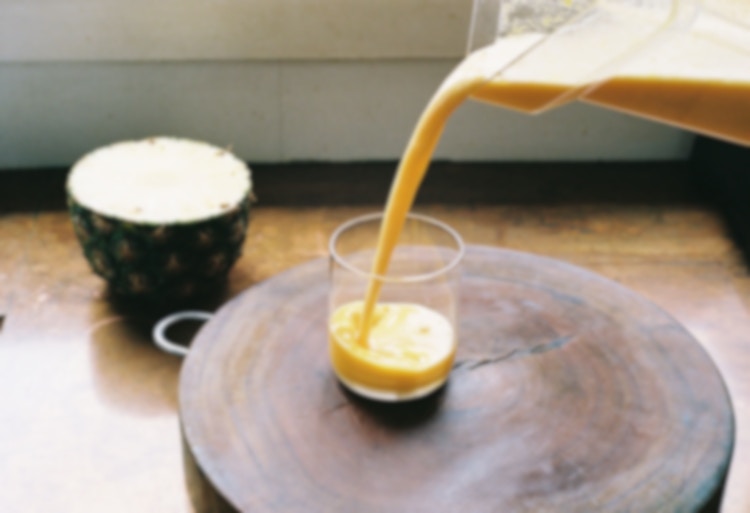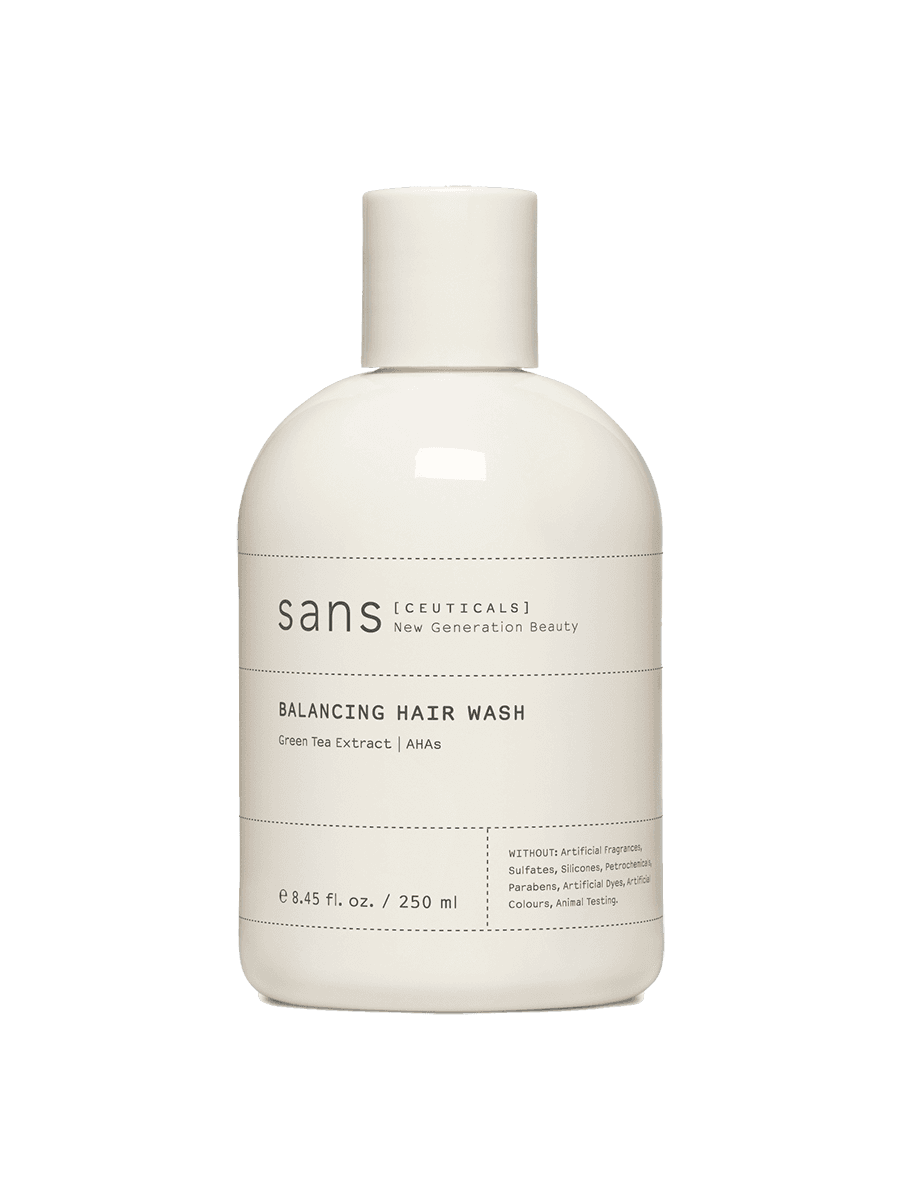Who is at risk?
Everyone! Around the world, skin sensitivities and atopic conditions are on the rise, starting in childhood with growing rates of eczema, and increasing with age. One in four adults in the US today receives treatment for a skin condition, rising to half of adults over 65. The most common risk factor is everyday UV damage, which over time causes skin atrophy, pigmentation, wrinkling and malignancy. It also depletes naturally occurring lipids and damages cellular DNA. Sunburn does the same thing, but in a mega-dose.
Modern skincare can also contribute to skin inflammation. Products made with low-quality chemical ingredients or excessive concentrations of actives, and layering many products that contain different ingredients can irritate the skin and disrupt the skin’s barrier function, leading to inflammation and dehydration.
People who do ‘wet work’ or frequently wash their hands – such as hair and skincare therapists, chefs, and medical staff – are at particular risk for dehydration, as lack of moisture in the skin prompts the inflammatory response, and can lead to chronic eczema. And sufferers of autoimmune diseases like diabetes and psoriasis – which have been rising in the population over recent decades – often suffer inflammatory skin conditions associated with these diseases.




